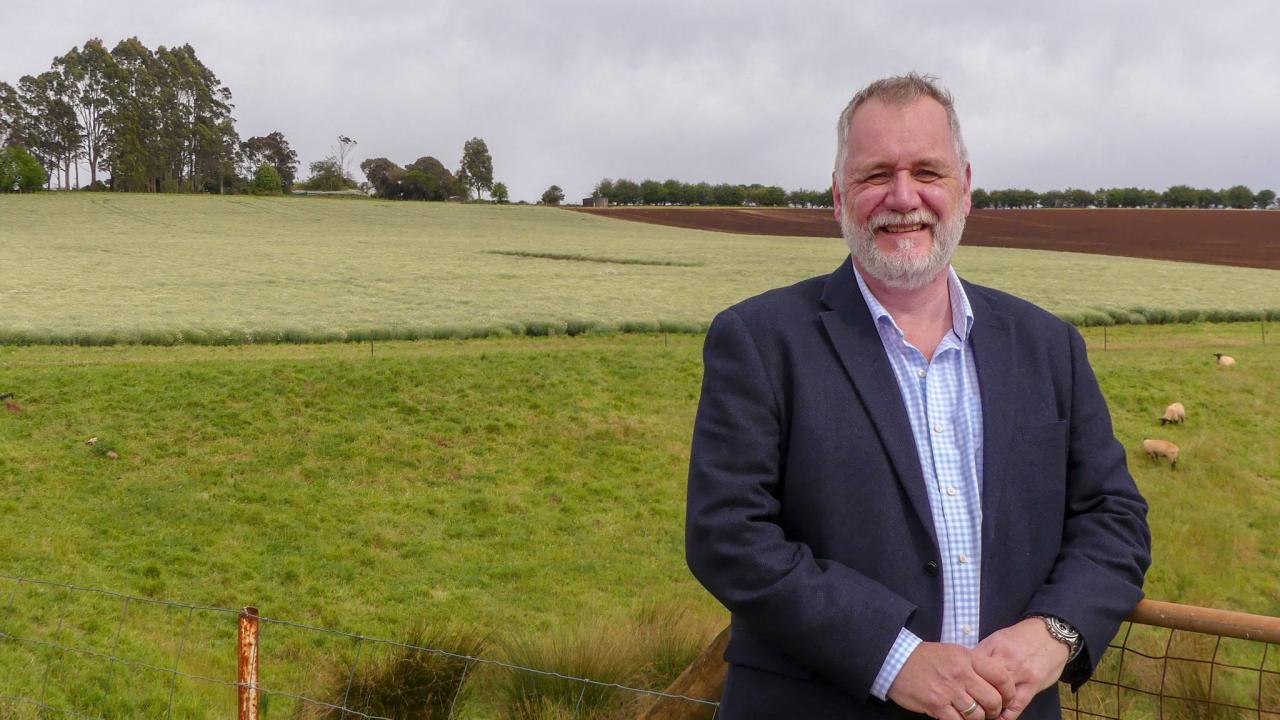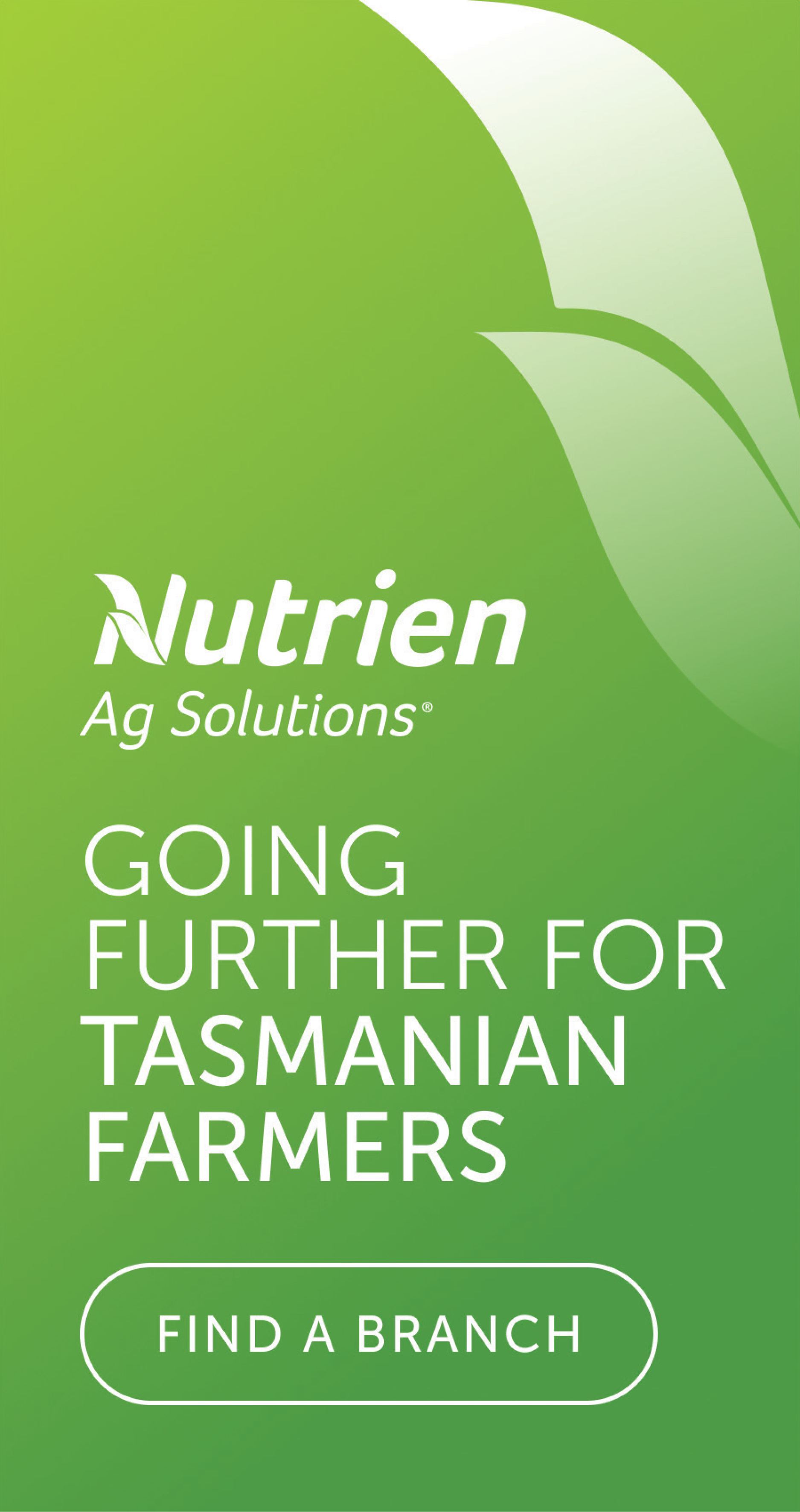Big year in search for answers for TIA

Drought-resilient pastures, thriving apple orchards, and innovations in agricultural technology are just some of the research projects undertaken by the Tasmanian Institute of Agriculture in 2024.
The TIA has released its highlights report, which outlines the key research projects it undertook last year.
TIA Director Mike Rose said the latest report highlights impactful research underway to support farmers and industry.
“Each year, this report gives us an opportunity to share the outcomes of our work and the progress we’re making in partnership with the agricultural industry,” Professor Rose said.
“I want to sincerely thank our stakeholders for their continued support.
“Together, we are driving innovation, strengthening sustainability and delivering real-world benefits for agriculture not only here in Tasmania but around the world.”
Last year, the TIA secured more than $14m in funding.
“A major focus of TIA’s work is helping the industry adapt to a changing climate and move towards carbon neutrality,” Prof Rose said.
“Last year, we led 35 climate-related research projects ranging from breeding drought and waterlogging resilient pasture species and crops, to modelling for the various climate futures that we face and demonstrating the value of irrigation.
“We also host the TAS Farm Innovation Hub, an integral part of TIA, which plays a vital role in equipping farmers with the relationships, knowledge and skills necessary to navigate a changing climate.”
Prof Rose said there were several standout projects from 2024.
“A stand-out project is our Dairy HIGH2 partnership with Dairy Australia, now in its second season, where we’re trialling ways to halve nitrogen use on dairy farms without reducing productivity,” he said.
“The early results are promising and could be a game-changer for industry.
“Another highlight is our partnership with Hort Innovation to lead a national research program with the goal of increasing the value of Australia’s cool-climate horticulture by 20 per cent by 2030.
“We’re making strong progress with new projects underway, including potato health and productivity, rotational cropping systems, cherries and berries, and vegetable seed crops.”
Education and workforce development were also key focuses for the TIA, with Prof Rose saying it delivers a Bachelor of Agricultural Science with Honours at the University of Tasmania.
“Last year saw the opening of The Shed, our new high-tech teaching and research facility at the University’s Inveresk Campus,” he said.
“This facility features specialised labs for agriculture and food science and complements research and learning taking place across the state.
“Our graduates are highly sought after and can be found on farms, in laboratories, and at board tables, reflecting the strength of our programs and the industry’s need for skilled professionals.”
The full 64-page 2024 highlights report is available to read on the TIA website.




Add new comment